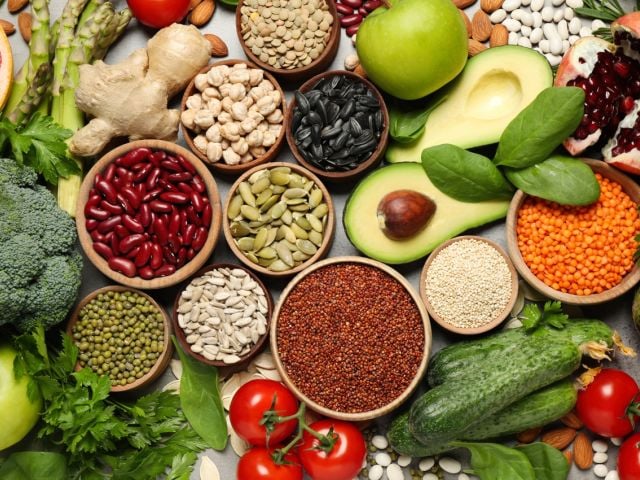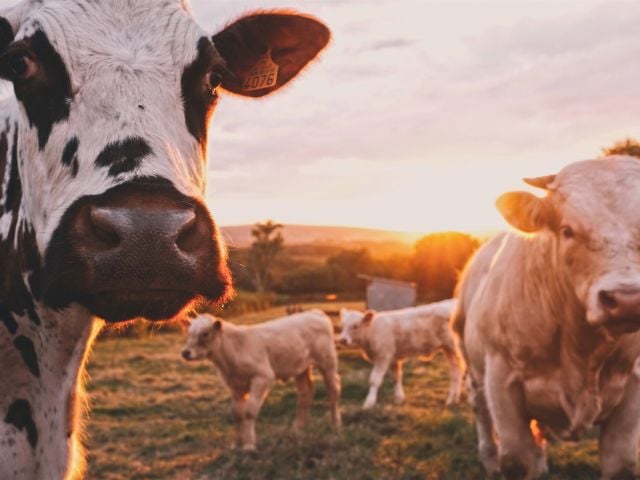Senate farm bill proposal makes climate a USDA priority
If enacted, the detailed farm bill proposal released last week by Senate Agriculture Committee Chair Debbie Stabenow (D-Mich.) would finally make it a permanent Department of Agriculture priority to...














